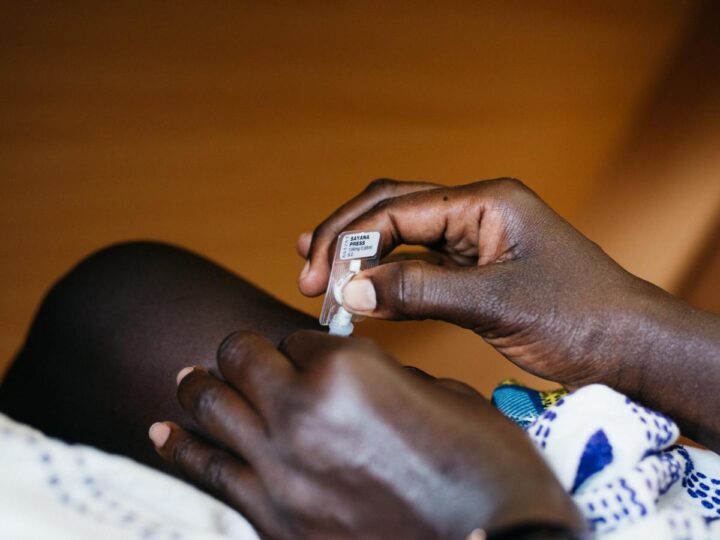Photo: PATH/Gabe Bienczycki
The federal government says it will soon begin the distribution of self-injectable contraceptives in hard-to-reach areas, as part of efforts to strengthen family planning services in the country.
Olorunimbe Mamora, minister of state for health, disclosed this during a zoom meeting on a national family planning media campaign launch in Abuja, on Thursday.
Mamora said the depot medroxyprogesterone acetate subcutaneous injection (DMPA-SC) will be distributed in places where accessing family planning services are difficult.
According to the World Health Organisation (WHO), the Sayana Press single-dose injectable contraceptive, produced by Pfizer Inc., had received regulatory approval in Nigeria as of November 2016 — one dose is said to prevent pregnancy for three months.
Advertisement
The minister also said the product will ensure the sustainability of family planning services for rural communities.
“This is the process of scaling up new family planning commodities to expand Nigeria’s method mix to allow for free choice,” he said.
“The product, which has been formulated to allow for self-injection, is considered a game-changer in Nigeria’s family planning landscape.
Advertisement
“It is indeed very useful for ensuring continuation of subsequent doses in hard-to-reach areas, as clients will be given some vials to take home after some training on its use.”
According to him, family planning is important as it secures the timing and spacing of pregnancies.
“It also promotes maternal and child survival with a potential for reducing maternal and child mortality and morbidity by 30 percent,” he said.
He explained that the ministry had been partnering with development partners to provide information services on quality family planning.
Advertisement
This, he said, will hinder the transmission of sexual infections and unplanned pregnancies.
“The government instituted the free family planning commodities policy in 2014 to address lack of access to family planning information and services because of cost,” he said.
“This policy was adopted after a study showed that a significant percentage of Nigerians of reproductive age were unable to access family planning information services.
“The ministry of health is also in the process of finalising modalities for inclusion of hormonal intrauterine device in Nigeria’s public health system.”
Advertisement
Add a comment





